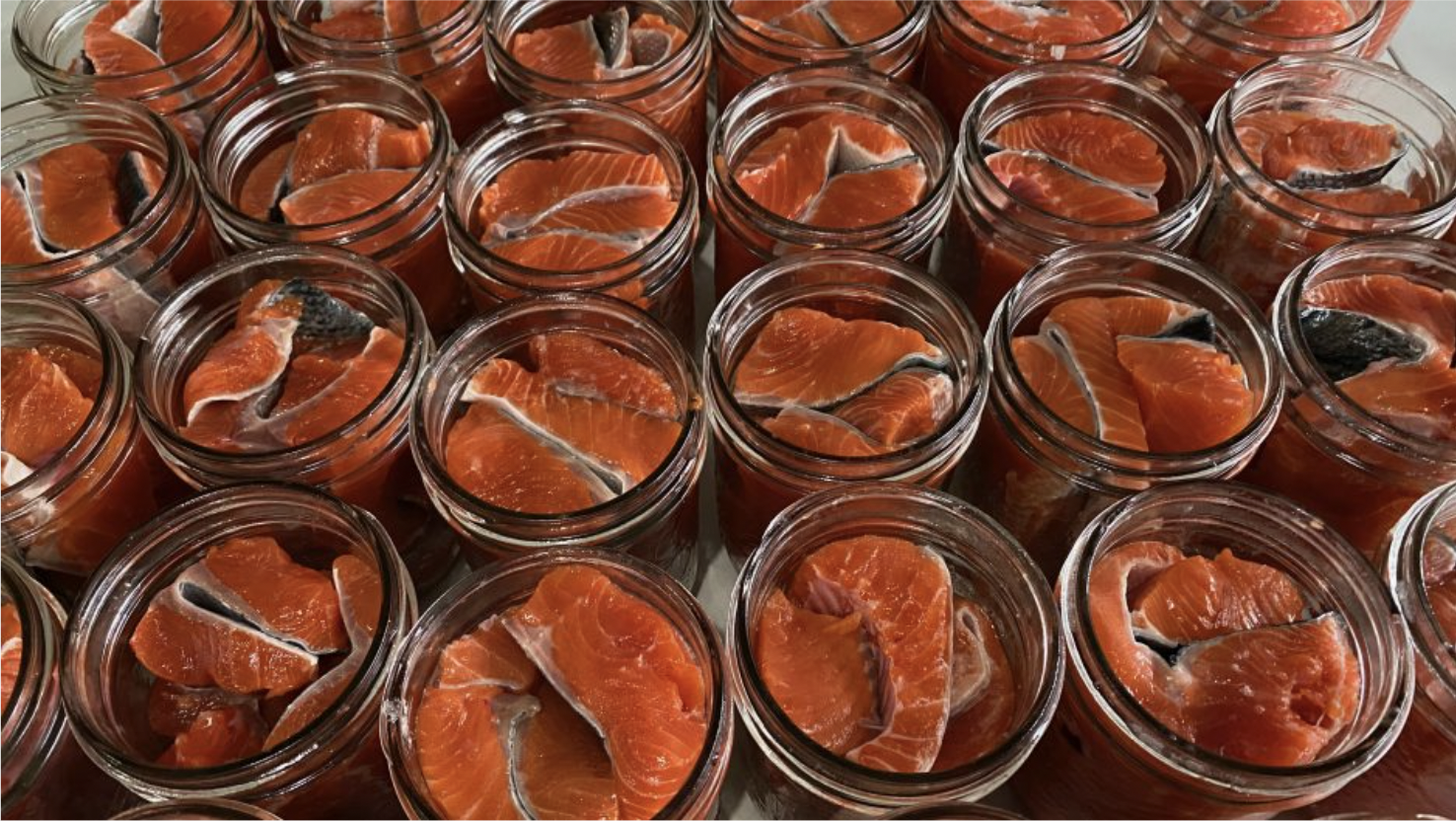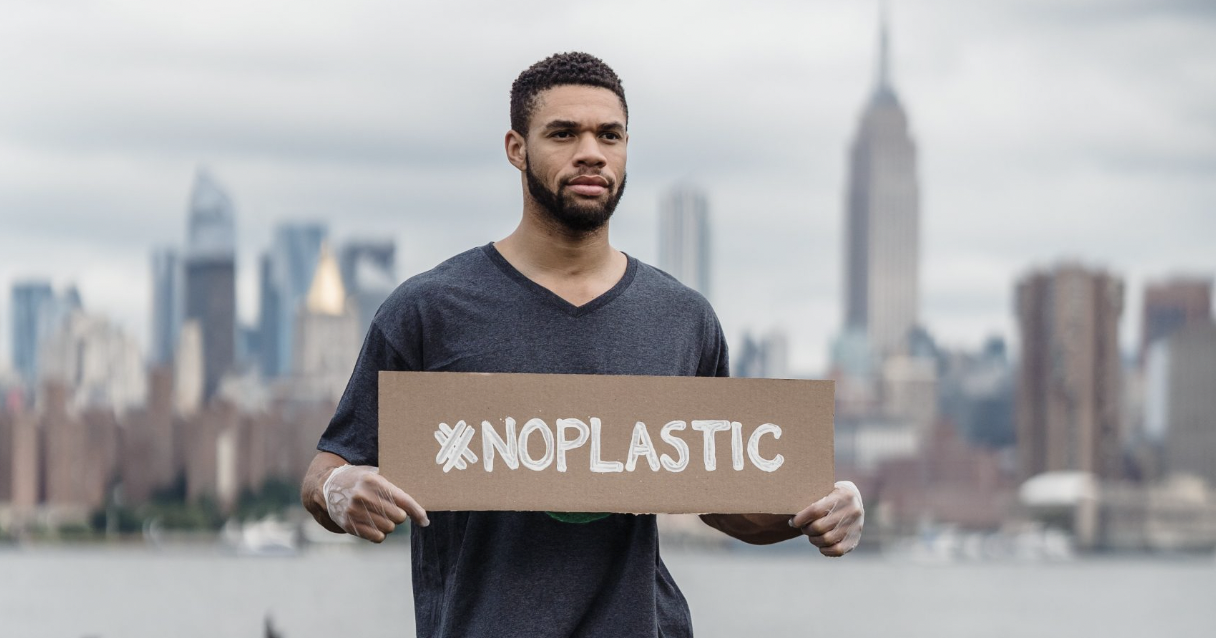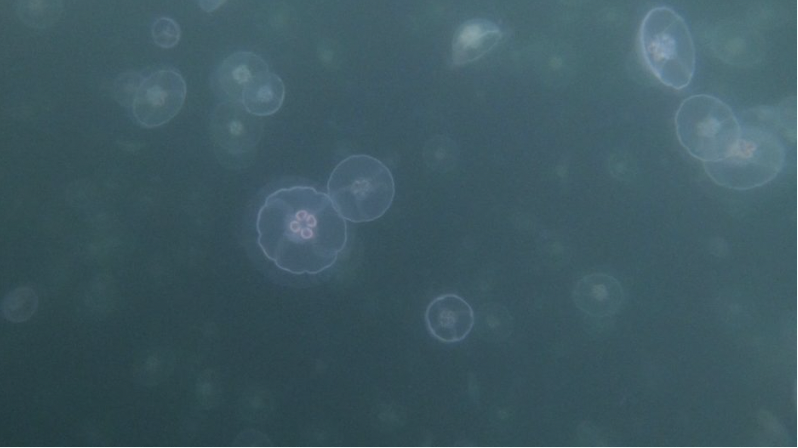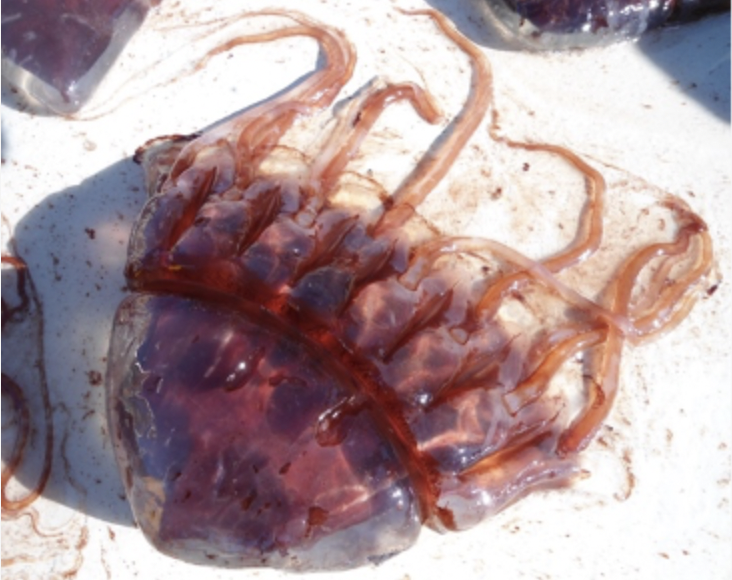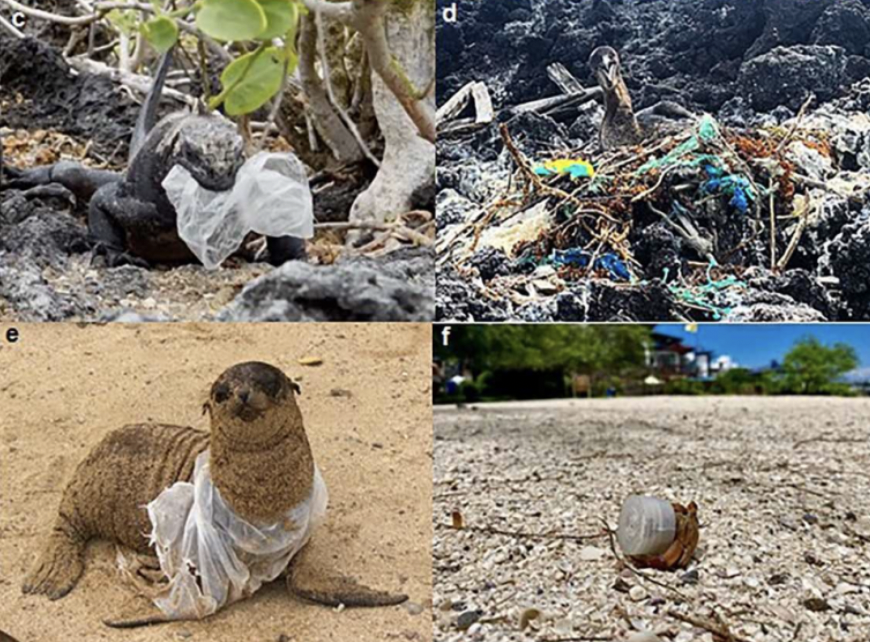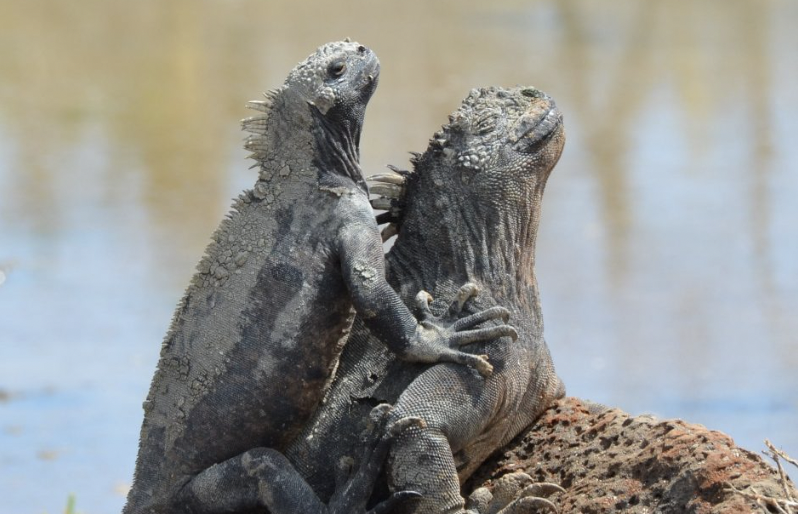Can aquaculture help create a sustainable planet?
Indigenous data sovereignty and conservation in British Columbia
PEEC 2024 sees students engage with Indigenous history, science and conservation
Increasing temperatures and salinity result in decreased ecosystem diversity, UBC study finds.
What could be impacting the food source of Southern Resident killer whales?
Dr. Rashid Sumaila: It is our honour to have him here at UBC
Basic income could solve global poverty and stop environmental destruction, study finds
Exploring hypothetical transfer of harmful fisheries subsidies to support low-income fishers
Researching the vulnerabilities women fishers are facing in Nigeria
Environmental DNA in nearshore ecosystems in urban & non-urban environments
“Who stands to benefit?” To engage in deep-sea mining or not. Not, say international scientists
Hungry, hungry otters! Looking at captive sea otters to understand their wild counterparts
The cryptic lives of marine mammals: a century of marine mammal metabolisms
Dr. Andrea Reid appointed Tier 2 Canada Research Chair with additional awards for research on Indigenous fisheries conversation
In climate change talks and development goals, the tropical majority must be recognized and respected
Diving, snacking, laying eggs! What do different hemoglobin levels mean for gentoo penguins?
Dr. Brian Hunt receives NSERC Discovery Grant to research the impacts of urbanization on the coastal ocean
Climate change to drive increasing overlap between Pacific tuna fisheries and emerging deep-sea mining industry
Science belongs in global policy, UNEP must change eligibility requirements
Tips for reducing your plastic use
Celebrating Canada’s ‘unicorn’ – the narwhal
Illustrated catalogue with local artwork showcases the Transient Killer Whales of Central and Northern California and Oregon – the ‘wolves of the sea’
May 25 is International Plastic Free Day!
International Day for the Elimination of Racial Discrimination
It’s time to classify plastics as persistent, bioaccumulative and toxic pollutants
Developing nations at risk from harmful fisheries subsidies, UBC study states
Jellyfish size might influence their nutritional value, UBC study finds
Happy International Women’s Day!
Climate change may mean more jellyfish in our oceans
Food quality matters for southern resident killer whales, UBC study states
Jellyfish and gelatinous zooplankton need to be a part of climate change conversations
‘This is a wake-up call for the world’: UBC researchers at the forefront of championing for change
Nature, society, and culture should be taken into consideration when dealing with climate change

